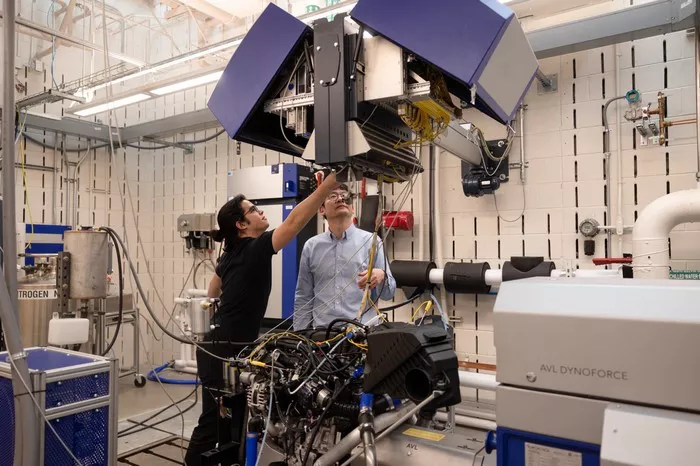In the global pursuit of sustainable alternatives to the internal combustion engine, innovation has surged across multiple fronts. Over the past decade, electric and hybrid engines have dominated the conversation, while hydrogen fuel-cell technology has gained traction—particularly in Asia. Now, ammonia-powered engines are beginning to capture attention as the next potential breakthrough in clean energy propulsion.
Electric and Hydrogen Lead the Charge
Electric engines remain at the forefront of the alternative engine revolution, embraced by nearly every major automaker. Plug-in hybrids, in particular, have served as a transitional solution, offering consumers the benefits of electric driving without the constraints of limited charging infrastructure.
Hydrogen-powered vehicles have also carved out a niche, with Japanese manufacturers, especially Toyota, leading the charge. However, despite their potential, hydrogen vehicles face criticism for their ecological footprint and limited fueling infrastructure—issues that have slowed widespread adoption even as interest grows.
China Pushes Boundaries with Ammonia Power
While Japan continues to advance hydrogen technology, neighboring China is charting a different course. In 2023, Chinese automaker GAC Group unveiled a prototype ammonia-powered engine, signaling a bold step in alternative fuel research. The two-liter engine reportedly burns liquid ammonia safely and efficiently, delivering 120 kilowatts of power while slashing carbon emissions by up to 90% compared to conventional fuels.
“We’ve overcome the pain point of ammonia being difficult to burn quickly and put the fuel to use in the passenger car industry,” said Qi Hongzhong, a representative from GAC’s R&D division, during the company’s annual technology showcase in Beijing. “Its value to society and for commercial uses are worth anticipating.”
Though practical applications of ammonia engines in consumer vehicles may still be years away, the technology holds substantial promise, particularly in sectors like maritime transport, where long-range and storage capabilities are crucial.
Japan Explores Ammonia Potential
Japan, while known for its hydrogen initiatives, is also investing in ammonia-based innovation. Researchers at Sophia University are exploring how ammonia can become the sole fuel in combustion processes. Their efforts center on optimizing the intake system to improve air-fuel mixing and refining the engine’s storage and fluid dynamics systems.
One of ammonia’s key advantages over hydrogen is logistical: ammonia is easier to liquefy, store, and transport. It is already widely used in industrial applications, meaning the infrastructure for its distribution exists and could be repurposed for automotive use. This practical benefit enhances ammonia’s appeal as a long-term alternative fuel source.

